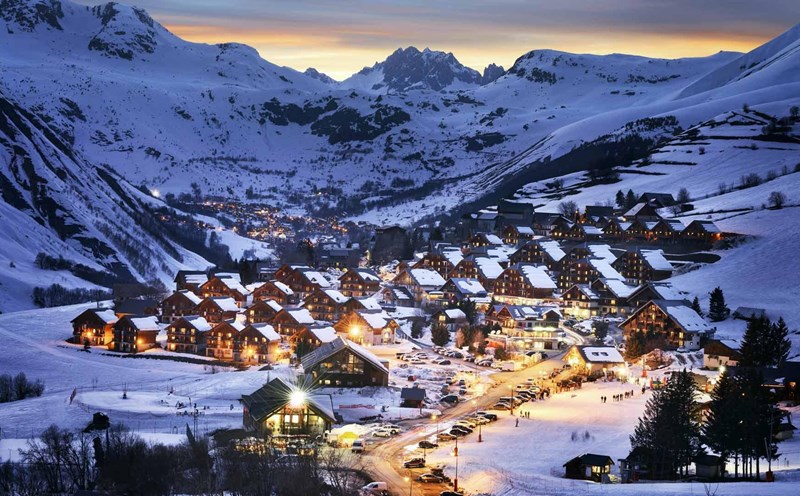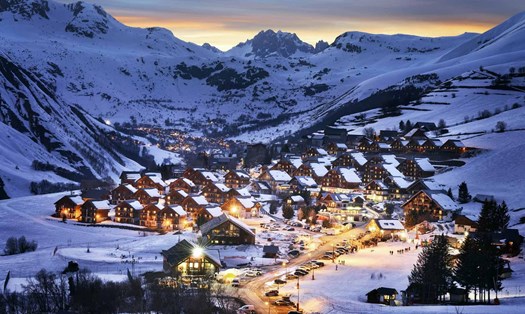Since before the Roman period, visitors from all over have visited this large cave 185km northwest of the capital Budapest to relax in natural hot springs.
In recent years, the resort has relied on gas to increase the temperature in swimming pools and caves, especially in winter. However, Russia-Ukraine tensions have created shocks for the global economy and the energy market.
For Miskolctapolca and other resorts across Europe and beyond, these shocks hit them directly through skyrocketing bills. The cave closed on October 10 for "an unknown period of time," according to a representative of the Miskolci Furdok executive board.
"We have to close the cave pool, for the only reason: The amount of gas we use from October to December will increase by 61 million forints (more than 3.2 billion VND)" - CEO Judit Nemeth said.
Miskolctapolca's closure has a direct impact on other hotels, motels and tourism businesses in the region. This signals a worrying future for the tourism industry that has just recovered from COVID-19.
"I can't understand why people close in such a wonderful place. The Government has provided all kinds of support. Why didn't they help me here?" - said a guest named Andrea Muszka.
"Other hotels will go bankrupt because they depend on this place," said Karoly Kerezsi, another visitor.
The last guests to bathe at Miskolctapolca said they still hope the management board will postpone the closure at the last minute. But there was no delay.
Mr. Miskolci Furdok has suffered losses for the past four years, and his 2021 revenue is still significantly lower than pre-pandemic levels, according to the company's data. The gas bill is a drop of water in a glass.
The Hungarian government has provided financial support to small and medium-sized enterprises in the main supply chain to cope with the energy crisis, but has yet to support enterprises in the service sector.
"If we find a more energy-efficient alternative to gas or are given some help, we will do our best," Nemeth said.



